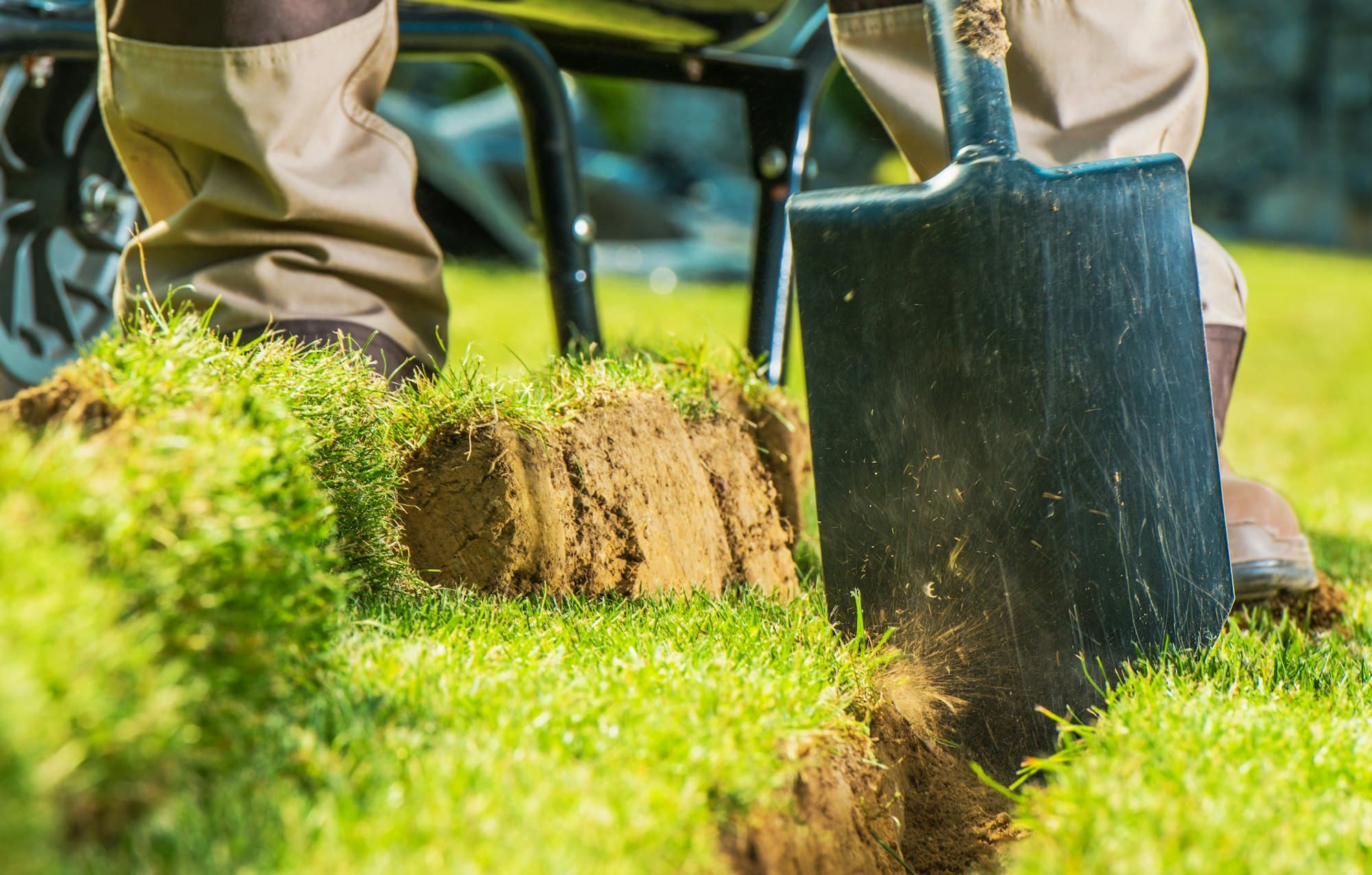What’s the Best Way to Address Compulsive Digging in Terrier Breeds?

It’s a beautiful day, you’ve just brewed your cup of coffee, and as you stroll towards your yard, you find… holes. Everywhere. The culprit? Your beloved terrier, paws covered in dirt, gleefully digging away. If you’ve been wondering why terriers dig so much and how to address this behavior, you’re in the right place. This habit may be endearing at first, but we understand that it can quickly escalate into a destructive behavior that can ruin your yard and potentially cause harm to your furry friend. Our aim is to help you understand this behavior better and provide you with some strategies to manage it.
Understanding the Digging Behavior
To find the best solution, we first need to understand the problem. Why do dogs, particularly terrier breeds, dig so much? Is it bad behavior, or is there a reason behind it?
Dans le meme genre : What Are the Best Strategies for Calming a Hyperactive Kitten During the Night?
Digging is a natural instinct for dogs, especially for terrier breeds. The American Kennel Club (AKC) notes that terriers were originally bred to hunt and catch vermin. Their job was to find the burrows of rats and other pests, and dig them up. This instinct can still be seen in terriers today.
However, there could be other reasons your terrier is digging. These could include boredom, anxiety, a need to cool down or hide food, or even a lack of training. Lack of exercise and mental stimulation can lead to digging as a way for dogs to entertain themselves. Anxiety, particularly separation anxiety, can also lead to compulsive digging as a way for dogs to handle their stress.
Sujet a lire : How to Develop a Positive Reinforcement Training Plan for a Stubborn Bulldog?
Reducing Digging Through Training
Training is one of the most effective ways to reduce digging in terrier breeds. The goal is not to eliminate the digging behavior, which is a natural instinct, but to control it and perhaps redirect it to a less destructive activity.
Begin by establishing a regular exercise schedule. A tired dog will have less energy to spend on destructive behaviors like digging. Training sessions, walks, and playtime can help keep your dog physically and mentally stimulated.
Next, consider teaching your dog the "leave it" command. This command can help you interrupt your dog’s digging behavior.
Lastly, provide alternatives to digging. This could include various toys or a digging box. A digging box is a designated area where your dog is allowed to dig. Fill it with sand or soft dirt and bury some toys or treats in it. This can help satisfy your dog’s instinct to dig without ruining your yard.
Addressing Anxiety-Related Digging
If you’ve noticed that your terrier’s digging behavior increases when you’re away or during certain times of the day, it might be due to anxiety.
In this case, training and exercise alone may not be enough. You might need to consult with a professional to address your dog’s anxiety. This could involve a combination of behavior modification techniques, environmental changes, and in some cases, medication.
Creating a safe space for your dog can also help reduce anxiety-related digging. This could be a crate or a bed with familiar smells and soft blankets.
Proper Care and Maintenance of Terrier Breeds
Proper care and maintenance of terrier breeds can also contribute to reducing digging behavior. This includes providing a balanced diet, regular vet check-ups, and grooming.
A balanced diet will provide your dog with the nutrients it needs to stay healthy and happy. Regular vet check-ups will ensure that any underlying health issues that could be causing the digging behavior are addressed. Grooming, particularly nail care, is also important as long nails can make digging more appealing for dogs.
Involving a Professional Dog Trainer
If despite your best efforts, the digging behavior continues to be a problem, it might be time to involve a professional dog trainer.
Professional trainers have the knowledge and experience to deal with a variety of dog behaviors. They can provide a fresh perspective and may be able to identify triggers or issues that you have overlooked. Remember, it’s not a failure to ask for help. The well-being of your terrier is what’s most important, and if a professional can provide that help, it’s worth considering.
Implementing Dog Sports to Channel Energy
Dog sports can be an effective way to channel the energy of terrier breeds and reduce their desire to dig. Engaging in dog sports can help satisfy their natural instincts and provide them with mental and physical stimulation.
In the world of canine sports, there’s something for every dog. Agility training is a sport that many terriers excel at due to their speed, athleticism, and drive to work. This sport involves the dog navigating through a course of various obstacles under the guidance of their handler. It can be a fun and exciting way to challenge your terrier and give them a job to do, which can reduce behaviors like digging.
Earthdog trials are another sport that can be particularly appealing for terrier breeds. These events simulate the underground hunting that terriers were originally bred for, providing a controlled environment where they can dig and tunnel to find the "prey" (usually a rat safely enclosed in a cage).
If your dog is more into fetching, you might want to try Flyball. This is a relay race where dogs run down a course, jumping over hurdles, and retrieving a ball.
Remember, the goal is not necessarily to compete, but to provide your terrier with a positive and stimulating outlet for their energy.
Conclusion: Building a Strong Bond While Addressing Compulsive Digging
Addressing compulsive digging in terrier breeds can seem like a daunting task, but with understanding, patience, and consistency, it is entirely possible. Remember, digging is not a sign of a ‘bad’ dog but a natural instinct that is particularly strong in terrier breeds.
Through training, providing alternatives to digging, addressing possible separation anxiety, proper care and maintenance, and involving a professional if needed, we can not only manage the digging behavior but also build a stronger bond with our dogs.
Involving your dog in sports can also provide them with an outlet for their energy and satisfy their natural instincts. It can also be a fun way for you to spend time and bond with your dog.
Understanding the reasons behind your dog’s behaviors, including digging, can help you address them in a way that respects and supports your dog’s needs. Remember, a well-exercised, well-trained, and mentally stimulated dog is often a happy dog. And a happy dog makes for a happy home, even without the surprise of finding random dig holes in your yard.
So, next time you see your terrier with dirt-covered paws, instead of feeling frustrated, see it as a chance to understand and bond with your furry friend better.
